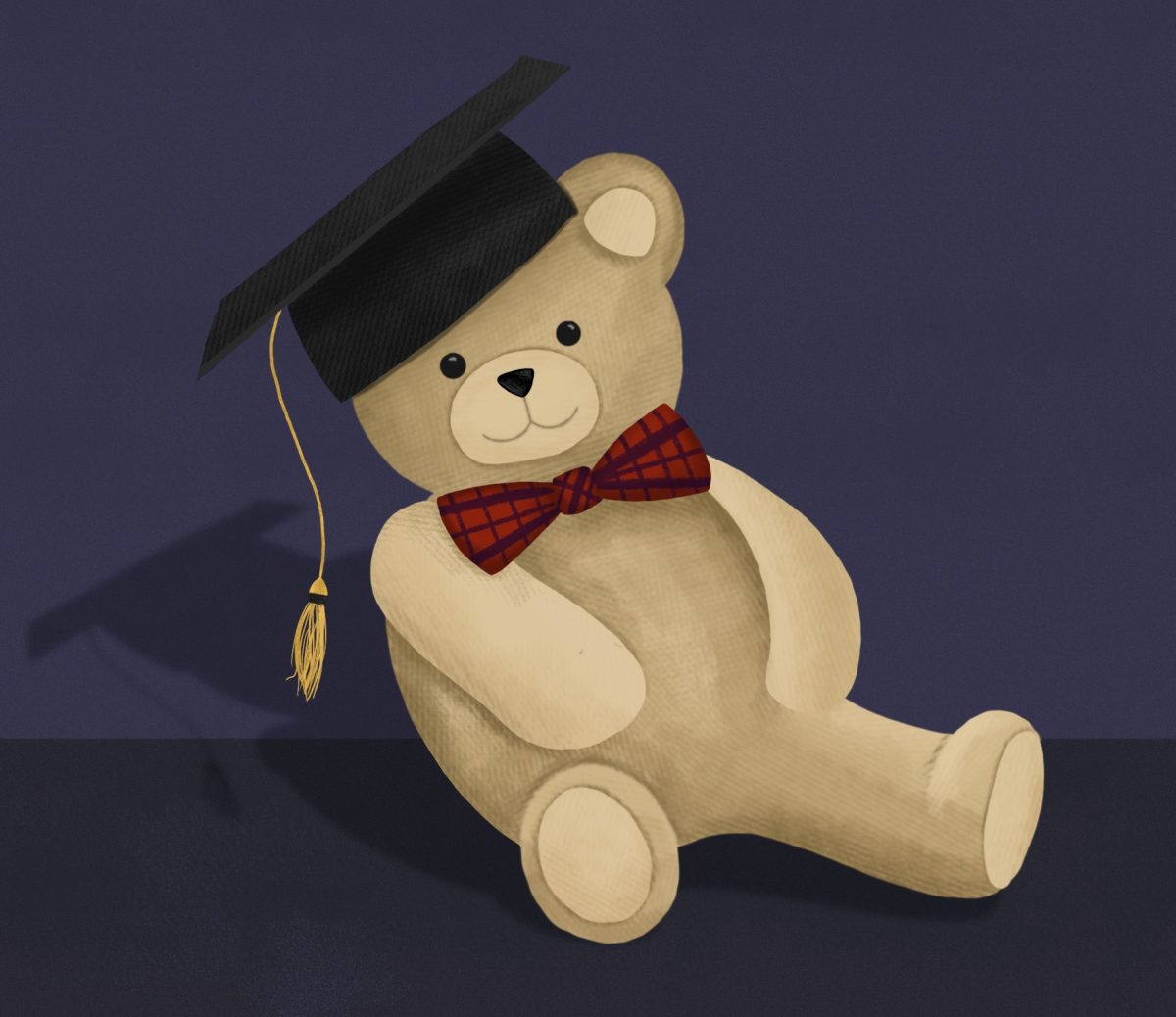Though feelings of uncertainty are normal upon graduating, the Tulane University class of 2024 grapples with an added layer of complexity. What does graduation look like? And is everything really back to normal?
We spent our freshman year masked, bound to social cohorts, navigating a campus transformed into a shadow of its former self.
Older Tulane students pointed to the temporary tents covering quads underneath, reminiscing over college life before the pandemic. But terms like “Bruff” and “Mardi Gras U-Hauls” were foreign to us.
Instead, we ate in temporary dining hall tents, celebrated “Yardi Gras” and waited in line for our tri-weekly COVID-19 tests. Or bi-weekly. Or whatever the CDC recommended that month.
As a freshman, it was impossible to imagine a campus without pandemic protocols, where students freely roamed residence halls and could gather in large groups without the fear of being contact-traced. I remember my stomach dropping when I got that dreaded call.
If you were at Tulane during the pandemic, you knew the feeling all too well. An unknown number with a 504 area code either meant one of two things: a trip to the downtown Hyatt — then contracted for quarantine space — or worse, Paterson Hall.
I celebrated my sorority bid day from the Hyatt, where I was quarantined, only to be sent to Paterson several weeks later. I remember the feeling of relief, like I had checked off a graduation requirement.
But every few months, we would read a headline announcing a new, more contagious strain. Omicron. Delta. Alpha. This was not the Greek life I expected.
During freshman year, settling into a college routine seemed silly, since we were constantly bracing ourselves for the next curveball. Ready to start anew, the class of 2024 returned sophomore year, excited to seize missed opportunities.
And then came Ida.
On Aug. 29, exactly 16 years after Hurricane Katrina hit the Gulf Coast, the category four hurricane made landfall near Port Fourchon, Louisiana and quickly became one of the most destructive.
Students evacuated; school closed before opting to resume asynchronously, a pattern we were all too familiar with. After returning from Ida, we studied a little less — given exams were mostly canceled — and partied a little more. That was, until the omicron variant ran rampant through campus, reminding us that the past was not too far behind.
Having only experienced two reasonably normal years of college, it’s hard to celebrate when you’re still mourning the loss of what could have been.
I’ll never experience a “normal” freshman year, one where I don’t photoshop the birthday on my fake ID onto my vaccination card, or have to buy fries at The Boot to get a drink — after using LineLeap to get in.
Still, I pass the occasional, peeling social distancing sticker and think back to a time of uncertainty and upheaval, but also of resilience and solidarity.
As the class of 2024 prepares to graduate, I wonder, what exactly does “normal” look like?




Leave a Comment